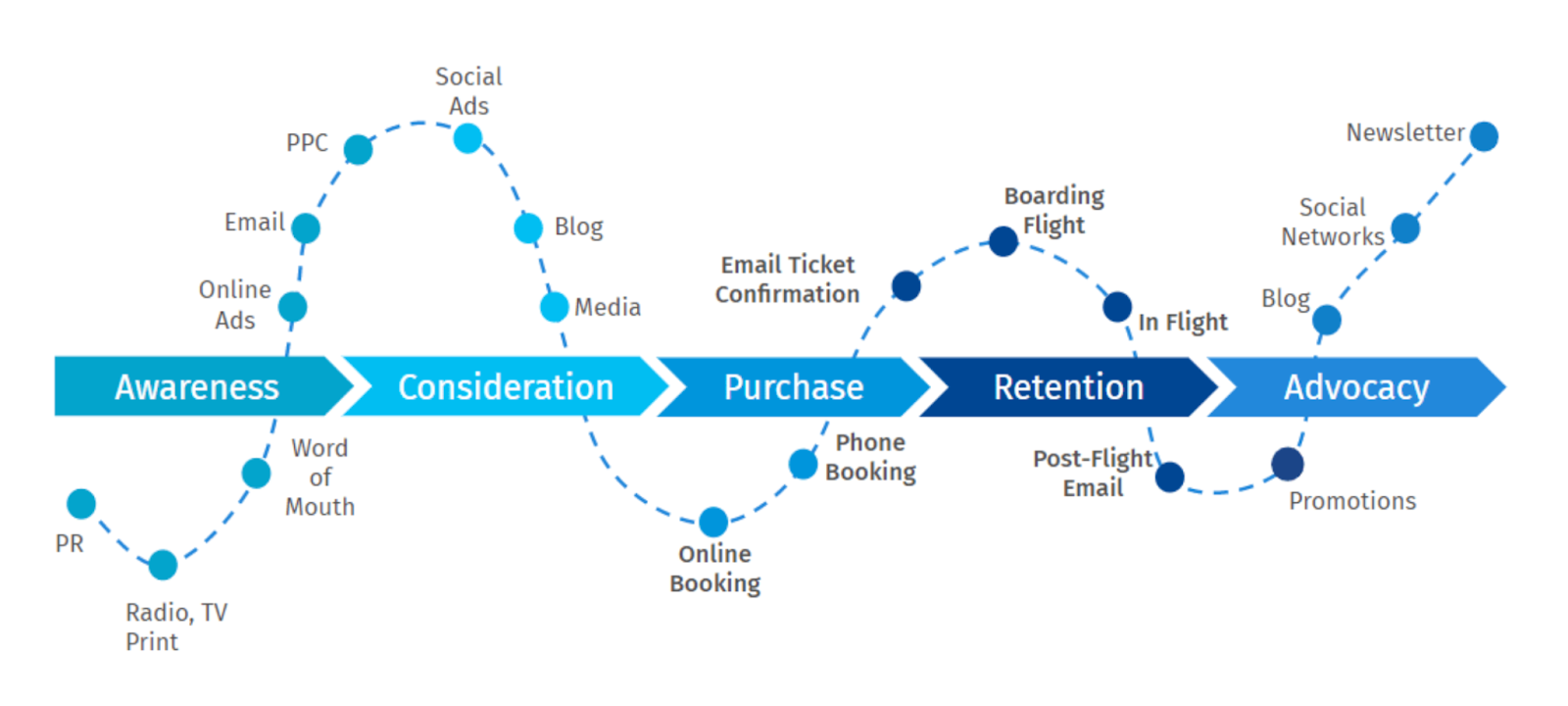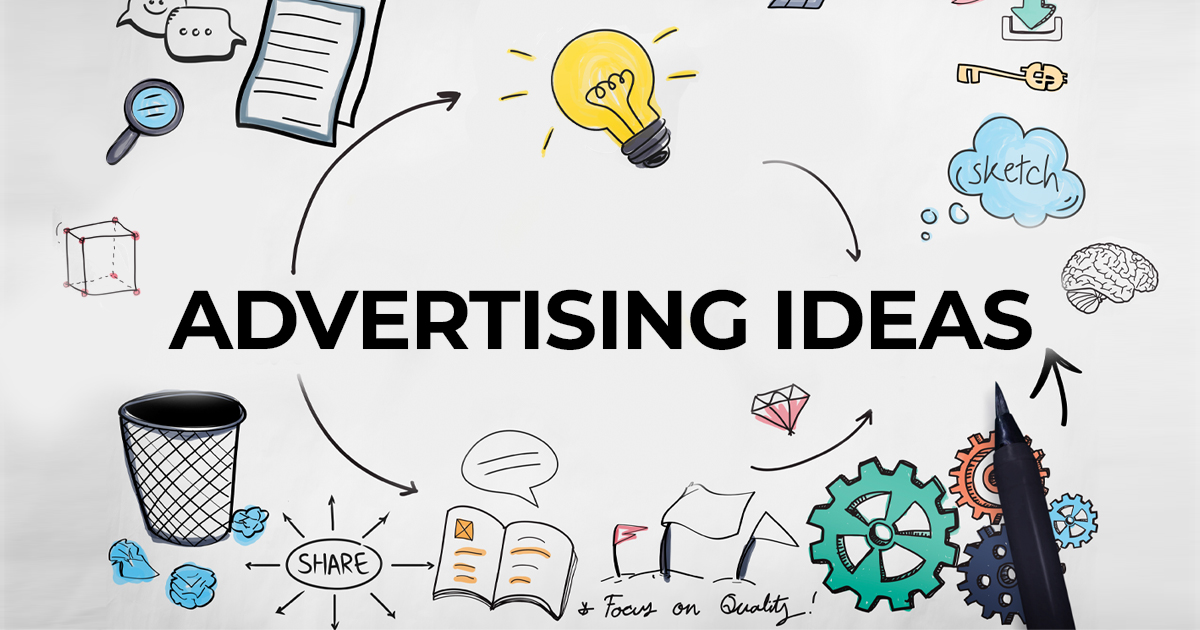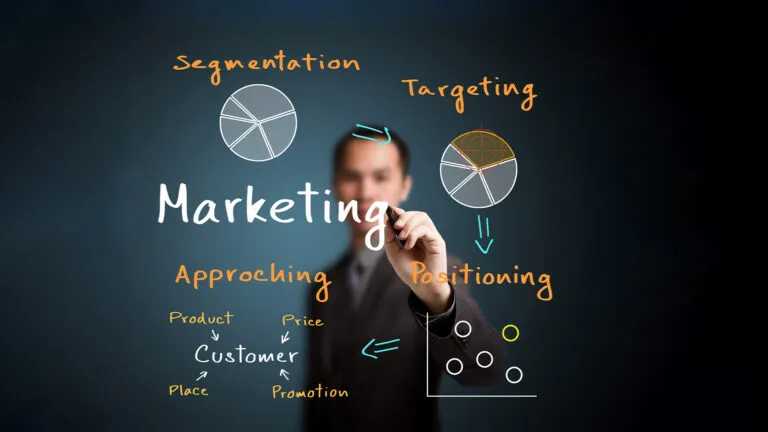In today’s fast-paced digital world, having a solid marketing strategy is more crucial than ever. But what exactly is a marketing strategy, and why does your business need one? Whether you're a startup or an established company, a well-crafted marketing strategy can be the difference between growth and stagnation.
What is a Marketing Strategy?
A marketing strategy is a comprehensive plan that outlines how your business will promote its products or services to reach its target audience. It defines your brand positioning, messaging, channels, budget, and goals—all designed to attract and retain customers.
Think of it as your business roadmap for reaching the right customers, at the right time, with the right message.
Why Is Marketing Strategy Important?
Without a clear strategy, your marketing efforts might be scattered, inefficient, or ineffective. Here’s why investing time in a marketing strategy pays off:
-
Focus: It helps you focus your resources on the most promising opportunities.
-
Consistency: Keeps your brand messaging consistent across all platforms.
-
Better ROI: Increases the effectiveness of your campaigns and optimizes your marketing spend.
-
Customer Understanding: Helps you understand your customers’ needs and behaviors.
-
Competitive Advantage: Positions your brand uniquely against competitors.
Key Components of a Marketing Strategy
1. Market Research
Before you can craft a strategy, you need to understand your market. Research your industry trends, competitors, and most importantly—your customers. What are their pain points, preferences, and buying behaviors?
2. Define Your Target Audience
Who exactly are you trying to reach? Segment your audience by demographics, interests, location, or behavior to tailor your marketing messages effectively.
3. Set Clear Goals
Are you aiming to increase brand awareness, generate leads, boost sales, or enter new markets? Set SMART goals—Specific, Measurable, Achievable, Relevant, and Time-bound.
4. Choose Your Marketing Channels
Where does your audience spend time? Channels can include social media, email marketing, search engines, content marketing, paid ads, events, and more.
5. Craft Your Messaging and Value Proposition
What makes your product or service unique? Your messaging should clearly communicate your value and resonate with your audience’s needs.
6. Budgeting and Resources
Determine how much you can invest and allocate resources efficiently. A realistic budget helps in choosing the right tools and tactics.
7. Implementation and Monitoring
Execute your plan but don’t set it and forget it. Continuously monitor key performance indicators (KPIs), analyze results, and optimize campaigns accordingly.
Popular Marketing Strategies You Can Use
-
Content Marketing: Share valuable content like blogs, videos, and infographics to educate and engage your audience.
-
Social Media Marketing: Use platforms like Instagram, Facebook, LinkedIn, and TikTok to connect and build a community.
-
Email Marketing: Personalized email campaigns to nurture leads and retain customers.
-
Search Engine Optimization (SEO): Optimize your website to rank higher in search engines and attract organic traffic.
-
Pay-Per-Click Advertising (PPC): Use paid ads to get immediate visibility and traffic.
-
Influencer Marketing: Partner with influencers who align with your brand to reach new audiences.
Tips for Creating an Effective Marketing Strategy
-
Stay flexible and adapt to changing market conditions.
-
Use data and analytics to make informed decisions.
-
Focus on customer experience and engagement.
-
Test different approaches and learn from failures.
-
Align marketing with overall business goals.
Final Thoughts
A smart marketing strategy isn’t just about promoting your products — it’s about understanding your customers, building meaningful relationships, and creating lasting value. Whether you’re just starting or looking to revamp your current efforts, investing in a clear, actionable marketing strategy will set you on the path to sustained business growth.













